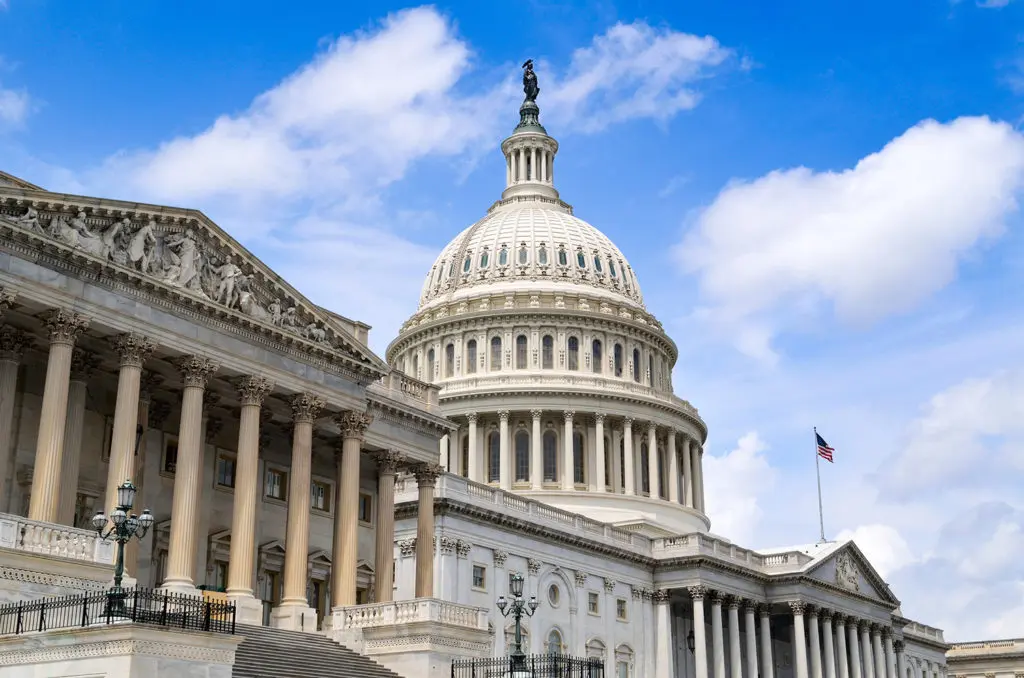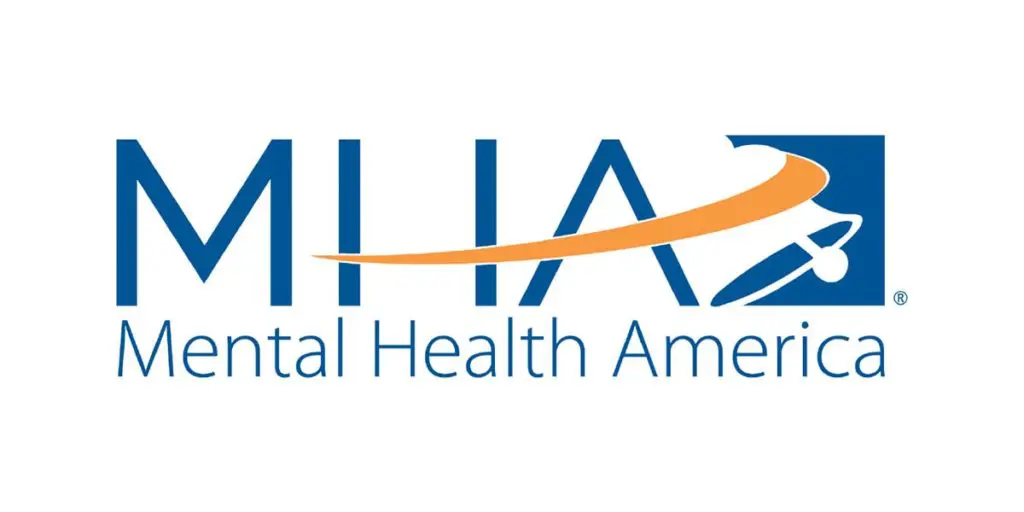The NHC and Our Members Work to Increase Vaccine Confidence During the COVID-19 Pandemic
By Deasia Lamar, Communications Intern
As the COVID-19 pandemic continues to unfold, FDA approvals of vaccines offer a light at the end of the tunnel. But building confidence in the safety and efficacy of the vaccines is important to achieving herd immunity and preventing hospitalizations and deaths from the coronavirus. The National Health Council (NHC) and our members are focused on the issue of building confidence in the COVID-19 vaccines and have compiled resources to help people with chronic conditions understand and build confidence in the vaccines.
The NHC Communications Affinity Group, made up of communications professionals at NHC member organizations, discussed COVID-19 vaccine resources, confidence, and best practices to ensure accessible and equitable vaccine information during a recent virtual meeting. Some resources discussed were:
- The Biotechnology Innovation Organization (BIO) created a COVID-19 vaccine fact page as a resource for everyone to learn more about vaccines and address myths. It answers questions like, “How will we know a COVID-19 vaccine is safe and effective?” and “Are certain vaccines more effective than others?“
- The American Association of Colleges of Pharmacy’s COVID-19 resources positions pharmacists as a resource to underserved communities for information about vaccines.
- A new Alliance for Aging Research project, COVID-19 Vaccine Education and Equity Project, is teaching the public the importance of the COVID-19 vaccine and ensuring accessible and equitable resources for patients.
- The NHC posts resources from our member organizations and other trusted sources on our COVID-19 Issue Area page to help people better understand and trust the vaccine.
At a recent meeting of the NHC’s Chief Executive Officer (CEO) Affinity Group, Dr. Kevin Ban, Chief Medical Officer for Walgreens discussed Walgreens’ distribution of COVID-19 vaccines. In an appearance on CNN, Dr. Ban said Walgreens was left with excess vaccines due to “very high” vaccine hesitancy, among other factors.
Data from the CDC echo these concerns, showing that “vaccine hesitancy” is relatively high, but that it has declined over time. According to the CDC, about half of people aged 18–64 years surveyed in December 2020 reported being very likely to receive COVID-19 vaccination, up by 10 percent since September.
Encouraging new data from the Kaiser Family Foundation Vaccine Monitor show that 55% of adults are either already vaccinated at least once or plan to get vaccinated, and another 22% are in a “wait and see” group. They project that more and more people will choose to get the vaccine as they see people they know get vaccinated without adverse effect.
That “wait and see group” should be the focus of vaccine confidence building efforts, especially in Black and Latino communities where the need for building vaccine confidence and addressing information needs and barriers to access is the most urgent because people in those communities are getting severely ill and dying from COVID-19 at higher rates than other groups and don’t have access to the information and health care they need.
Dr. Lisa Cooper, Director of the Johns Hopkins Center for Health Equity and a former MacArthur “genius” fellow for her work in health disparities, explains to NPR that, “In the Black community, there is skepticism that relates to historical experiences, and mistrust based on the discrimination that Black Americans face in the health care system and in the rest of society. It’s really well-founded.” She encourages health care providers to build confidence by listening to people’s concerns and connecting communities with accurate and accessible information, empowering people to have control over their own health decisions.
For example, Greater Than COVID, an initiative that helps individuals take charge of their health during the evolving COVID-19 public health crisis, launched “The Conversation,” a resource that dispels misinformation and provides accessible facts specifically to help Black people make decisions about the vaccine.
Dr. Ashish Jha, Dean of the Brown University School of Public Health, who also joined the NHC’s CEO Affinity Group meeting to discuss COVID vaccinations, offered a series of recommendations to Congress, including strengthening federal-state partnerships in public health; improving state data collection based on race and ethnicity to see which distribution and communication strategies are most effective; focusing on Black and Latino communities; following the example of successful states in investing in distribution infrastructure; and streamlining access to vaccines.
“We are very close to the finish line with this pandemic,” he said. How quickly will we get there? “That is ultimately up to us.”
Dolly gets a dose of her own medicine. @VUMChealth pic.twitter.com/38kJrDzLqC
— Dolly Parton (@DollyParton) March 2, 2021


